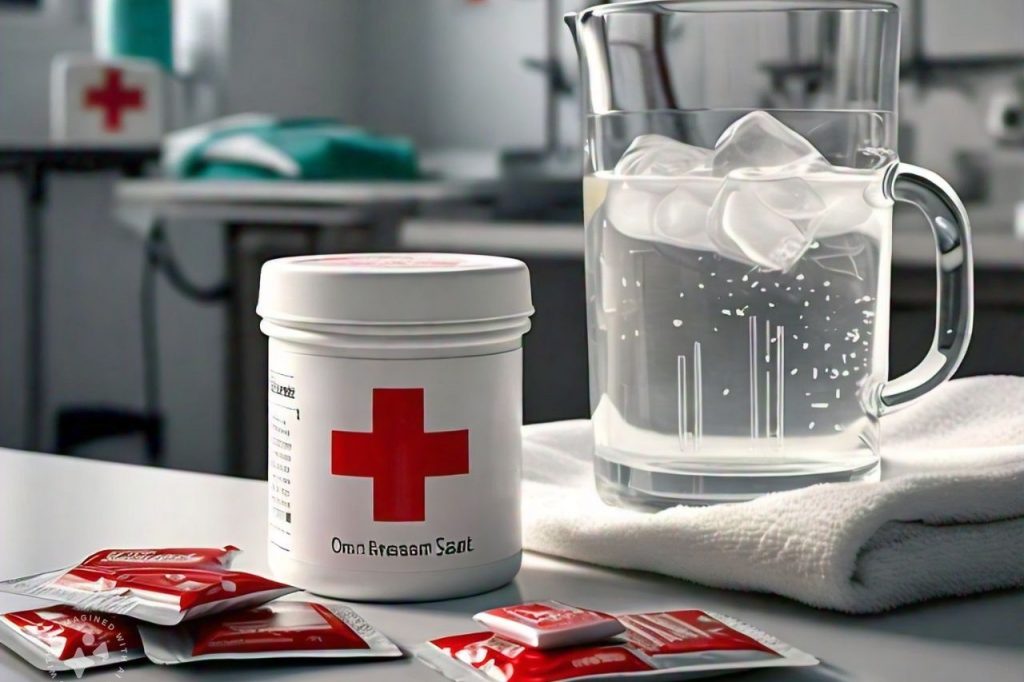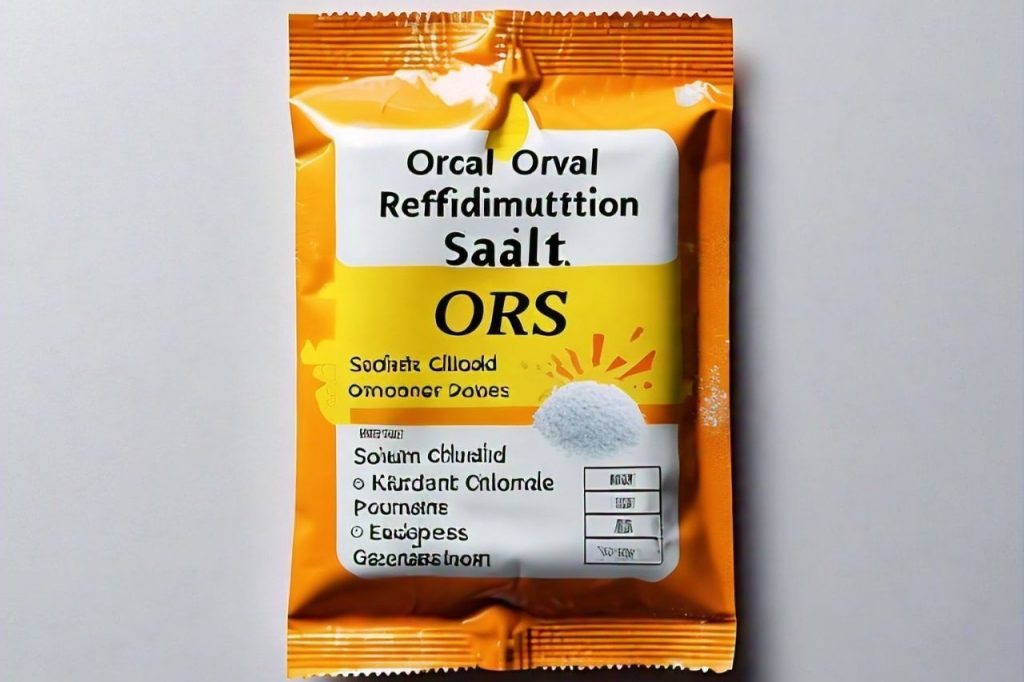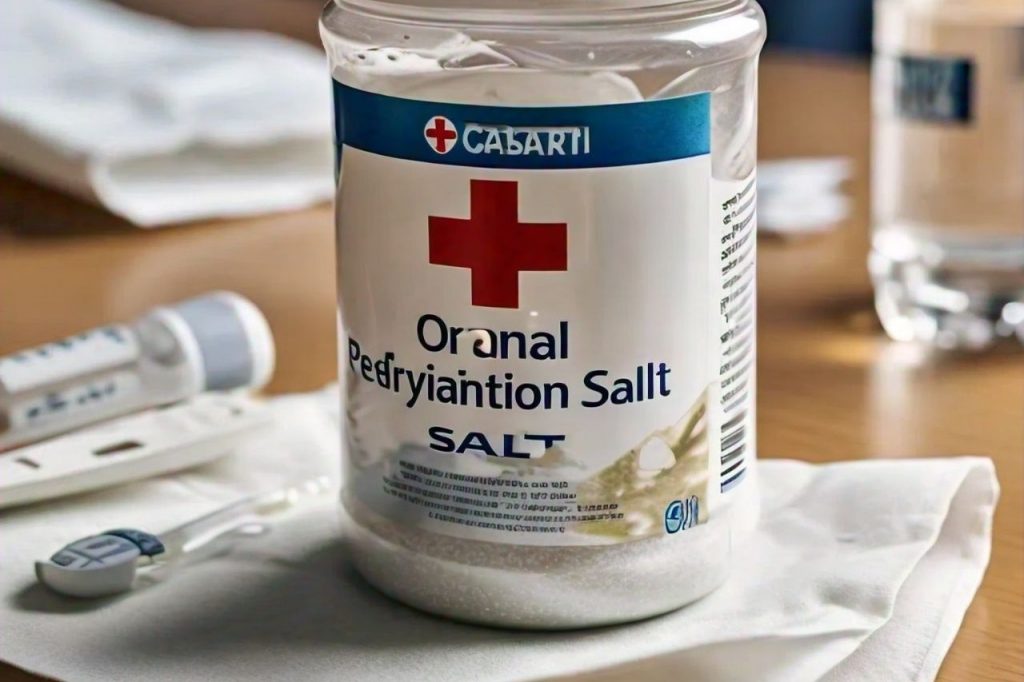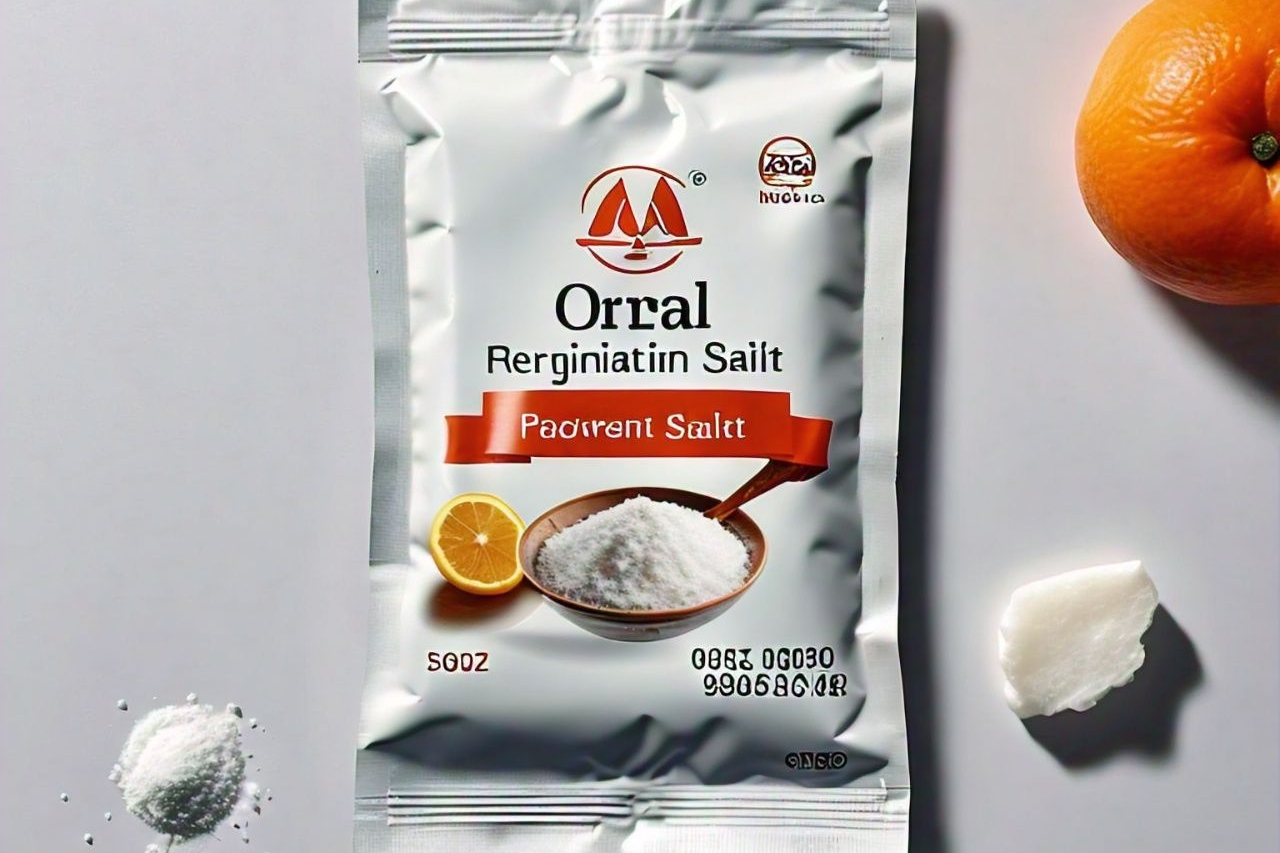Dehydration can occur for various reasons, including illnesses like diarrhea, vomiting, fever, or excessive sweating due to heat or exercise. One of the most effective and affordable solutions to combat dehydration is oral rehydration salt (ORS). This article delves deep into the science, uses, preparation, benefits, and importance of oral rehydration salt in managing and preventing dehydration, particularly in vulnerable populations.
What is Oral Rehydration Salt?
Oral rehydration salt (ORS) is a specially formulated mixture of glucose, sodium, potassium, and other essential electrolytes designed to replenish lost fluids and electrolytes in the body. ORS is mixed with clean water to create an oral rehydration solution, which is consumed to treat dehydration caused by diarrhea, vomiting, or excessive fluid loss.
ORS is recognized by the World Health Organization (WHO) as one of the most critical advancements in medical science for saving lives, especially in developing countries where diarrheal diseases are a leading cause of death.
Components of Oral Rehydration Salt

The composition of ORS is carefully balanced to optimize the absorption of fluids and electrolytes. The standard WHO-approved formula includes:
- Glucose: Facilitates the absorption of sodium and water in the intestines.
- Sodium Chloride (Salt): Replaces sodium lost during dehydration and helps regulate fluid balance.
- Potassium Chloride: Replenishes potassium levels, critical for maintaining heart and muscle function.
- Citrate or Bicarbonate: Helps correct acidosis, a condition often caused by severe dehydration.
These ingredients work together to restore hydration effectively and quickly.
How Does Oral Rehydration Salt Work?
The mechanism of ORS is based on the principle of sodium-glucose co-transport. Sodium and glucose molecules work together to enhance water absorption in the intestines. When the ORS solution is consumed:
- Glucose Molecules: Attach to sodium molecules and facilitate their transport across the intestinal wall.
- Water Movement: The absorbed sodium creates an osmotic gradient, pulling water into the bloodstream and rehydrating the body.
This process effectively combats dehydration, even when oral fluid intake is limited.
Uses of Oral Rehydration Salt

ORS is primarily used for treating dehydration caused by:
1. Diarrheal Diseases
Diarrhea is one of the leading causes of fluid and electrolyte loss, particularly in children. ORS helps replenish lost fluids and prevents complications like severe dehydration and shock.
2. Vomiting
While vomiting can make fluid retention challenging, small and frequent sips of ORS can counteract dehydration caused by nausea or stomach infections.
3. Heat-Related Illnesses
Excessive sweating due to heat exhaustion or heatstroke can result in dehydration. ORS helps restore electrolyte balance and cool the body down.
4. Fever
Fevers, especially in illnesses like malaria or dengue, can lead to dehydration. ORS ensures that fluid levels remain adequate.
5. Sports and Physical Activities
Athletes or individuals engaging in prolonged physical activities often lose significant amounts of water and electrolytes through sweat. ORS can prevent dehydration and improve performance.
6. Recovery from Illness
Post-surgical recovery or illnesses requiring IV fluids can be supported with ORS as an alternative or supplementary hydration method.
Preparation of Oral Rehydration Salt
ORS is readily available in pre-packaged sachets, but it can also be prepared at home using simple ingredients if commercial ORS is unavailable. Here’s how to make oral rehydration salt at home:
Ingredients:
- 6 teaspoons of sugar
- 1/2 teaspoon of salt
- 1 liter of clean, boiled, or filtered water
Instructions:
- Dissolve the sugar and salt in the water thoroughly.
- Ensure the solution is slightly sweet but not overly salty.
- Administer in small sips, especially to children or those with vomiting.
Important Note: The solution must be used within 24 hours to prevent contamination.
Benefits of Oral Rehydration Salt

1. Affordable and Accessible
ORS is inexpensive and widely available, making it a practical solution for low-income regions and emergency situations.
2. Highly Effective
ORS has been proven to reduce mortality rates from diarrheal diseases by over 90%, particularly in children under five.
3. Non-Invasive
Unlike intravenous (IV) fluids, ORS can be administered orally, making it easier to use in non-clinical settings.
4. Safe for All Ages
ORS is safe for children, adults, and the elderly, provided the solution is prepared correctly.
5. Portable and Convenient
Packaged ORS sachets are lightweight, making them easy to store and transport, especially in disaster zones or emergencies.
Importance of Oral Rehydration Salt in Global Health
ORS has played a pivotal role in reducing mortality rates from dehydration-related illnesses worldwide. According to the WHO and UNICEF:
- 2 million lives are saved annually due to the use of ORS.
- It is a cornerstone of the Integrated Management of Childhood Illness (IMCI) strategy.
Despite its effectiveness, awareness and accessibility remain challenges in some regions. Efforts are ongoing to increase the availability of ORS in rural and underserved areas.
When to Use Oral Rehydration Salt
ORS should be used in cases of mild to moderate dehydration. Some signs that indicate the need for ORS include:
- Persistent diarrhea lasting more than a day.
- Dry mouth and tongue.
- Decreased urination or dark yellow urine.
- Fatigue, dizziness, or confusion.
However, for severe dehydration (e.g., no urination, lethargy, sunken eyes), immediate medical attention and IV fluids may be required.
Side Effects and Precautions
While ORS is generally safe, there are a few precautions to consider:
- Avoid Overconsumption: Drinking excessive amounts of ORS may lead to hypernatremia (high sodium levels).
- Monitor for Underlying Conditions: Patients with kidney disease or heart failure should consult a doctor before using ORS.
- Proper Dilution: Always follow the recommended water-to-ORS ratio to prevent complications.
Myths and Misconceptions About Oral Rehydration Salt
Despite its effectiveness, some myths persist:
- “ORS Cures Diarrhea”: ORS does not stop diarrhea; it replaces lost fluids and electrolytes to prevent dehydration.
- “ORS is Only for Children”: ORS benefits individuals of all ages, not just children.
- “Homemade ORS is Ineffective”: When prepared correctly, homemade ORS can be just as effective as commercial solutions.
Innovations in Oral Rehydration Salt
Over the years, advancements in ORS formulations have improved its efficiency:
- Reduced Osmolarity ORS: Updated formulas with lower salt and glucose concentrations are more effective and better tolerated by children.
- Flavored ORS: Improved taste encourages better compliance, especially in children.
- Effervescent Tablets: Portable and easy to mix, these tablets are becoming popular in emergency and sports settings.
Conclusion
Oral rehydration salt is a simple yet powerful tool in combating dehydration, saving millions of lives each year. Its effectiveness, affordability, and accessibility make it a cornerstone of public health initiatives worldwide. By understanding the proper use, preparation, and benefits of ORS, individuals can effectively manage dehydration symptoms and support recovery in times of illness or stress.
Whether battling diarrheal diseases in resource-limited settings or recovering from intense physical activity, oral rehydration salt remains a trusted ally in maintaining hydration and health.

